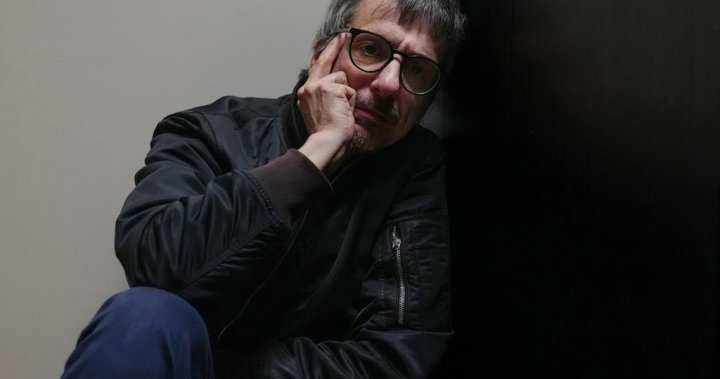
Quebec filmmaker confronts rail industry with docuseries on Lac Megantic tragedy
Global News
Drawing on the harrowing first hand-accounts of victims and interviews with railway officials, the docuseries traces how the small town became the site of the 2013 rail disaster.
TORONTO — Quebec filmmaker Philippe Falardeau says that through the four-year process of making his new docuseries about the Lac-Megantic trail derailment disaster he had to be talked down from abandoning the project more than once.
“I often thought about quitting if I’m being honest, because maybe I’m a sponge…if someone is hurt I’m suffering,” said Falardeau. “It took a toll on me, but the people from Lac-Megantic told me not to quit and my co-writers told me not to quit, and they were right.”
Drawing on the harrowing first hand-accounts of victims as well as interviews with railway and town officials, “Lac-Megantic — This Is Not an Accident” traces how the small town in eastern Quebec became the site of one of Canada’s worst rail disaster on July 6, 2013. The series is screening Saturday at Hot Docs festival in Toronto and will premiere Tuesday on Videotron’s French-language video-on-demand service Vrai.
Members of the Lac-Megantic community detail the decisions and conditions that they allege contributed to the derailment of a runaway train carrying 72 tank cars laden with Bakken shale oil — causing an explosion that killed 47 people, displaced 2,000 residents and spilled more than 7.7 million litres of crude oil.
“The main voice had to be the people of Lac-Megantic or else it wouldn’t have made sense for me because most of the other work into this tragedy had been done,” said Falardeau, the Oscar-nominated director behind films including “Monsieur Lazhar” and “My Salinger Year.”
“Speaking to them and explaining to them what I wanted to do made me feel as if I had this unwritten permission to tell this story as it happened for a generation that also might not be aware of this tragedy.”
Falardeau points to a moment some years after the event during a biking run with his daughter as a period when the building blocks of a docuseries formed.
“I kept seeing all these tankers parked and kept thinking, that in a post-Lac-Megantic world, surely now, it’s a safer place. So I read Anne-Marie Saint-Cerny’s novel ‘Megantic’ only to realize that not much had changed,” said Falardeau.













